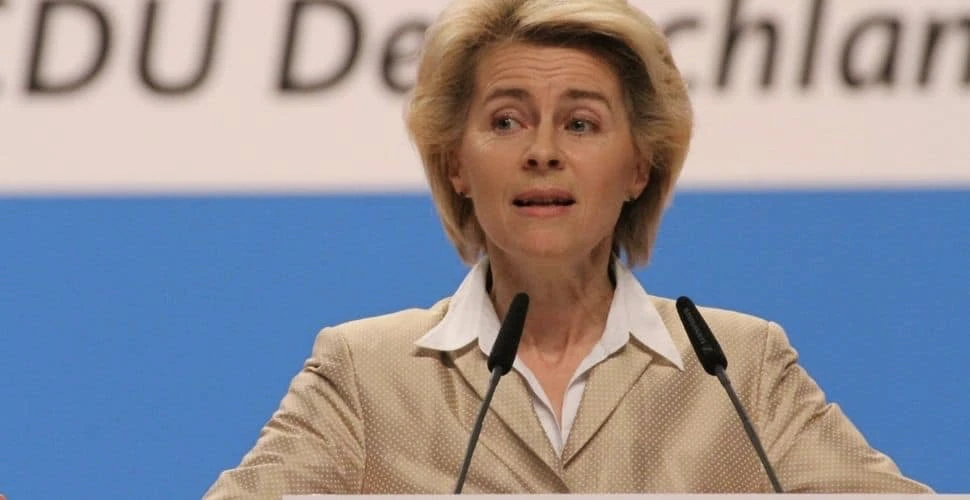This week the European Commission published its proposal to address corporate sustainability due diligence, to address the impacts of businesses’ activities on the environment and human rights, including forced labor in their supply chains.
“Dangerous gaps”
Though a necessary and welcome step in protecting the rights of workers in supply chains, the Commission’s proposal must go further to ensure workers are ensured access to remedy and justice, and that there are strong measures in place to hold businesses accountable for conditions at every stage of their supply chains.
In their analysis, the European Coalition for Corporate Justice notes that the EU’s new legislation has “dangerous gaps” that could undermine efforts to push the EU towards adopting meaningful mandatory human rights due diligence laws.
In high-risk sectors such as fashion and agriculture where forced labor in supply chains is prevalent, only EU companies with 250+ employees and an annual turnover of 40 million euros ($44 million) will be caught by the current draft law that was announced on Wednesday. This is a significant missed opportunity as it means only fewer than 0.2% of EU businesses will be caught.
Businesses shifting responsibility
Another loophole noted by the ECCJ would also enable businesses to shift their responsibilities onto suppliers that would prevent victims of abuses from holding companies liable. Furthermore, the law doesn’t address how barriers such as “high costs, short time limits, limited access to evidence, restricted legal standing, and a disproportionate burden of proof” that inhibit victims from bringing cases against transnational companies will be dismantled.
ECCJ director Claudia Saller said:
The Commission’s draft law promises a new path to justice and compensation for exploited, traumatised and injured workers and communities. But it ignores serious legal hurdles that make lawsuits costly, lengthy, and complicated. That is why the future law must be victim-based. If the law doesn’t make it easier for victims to hold businesses accountable, then it is unlikely to make very much difference. And this lack of accountability will perpetuate some of the most pressing issues in the world today, like child labour, pollution and the destruction of nature.
Freedom United is calling on the EU, the U.K., the U.S. and all governments to pass mandatory human rights due diligence laws that put people and planet before profits. As large markets for the global industry, their passage will help address human rights and environmental violations around the world, sending a clear signal to the private and public sector that they will be held accountable for failing to prevent modern slavery and human rights abuses in their supply chains.
But we will only see meaningful change if gaps in legislation like the EU’s recent proposal are closed and robust measures to hold businesses accountable and liable for abuses are introduced. Over the coming months and years, the Commission’s proposal will be discussed by the European Parliament and governments will be able to submit amendments.







Freedom United is interested in hearing from our community and welcomes relevant, informed comments, advice, and insights that advance the conversation around our campaigns and advocacy. We value inclusivity and respect within our community. To be approved, your comments should be civil.